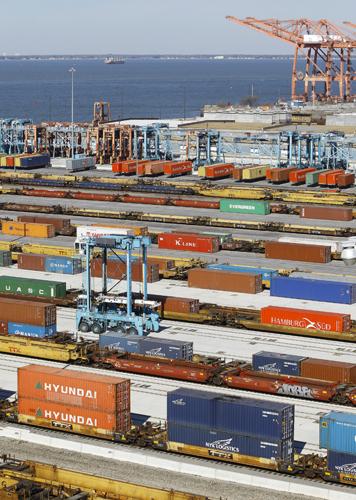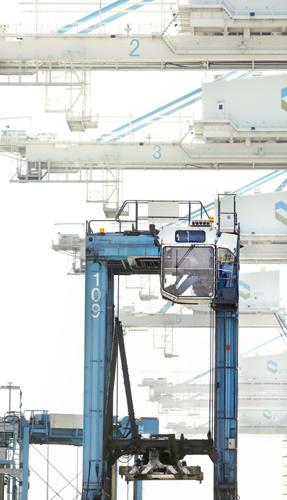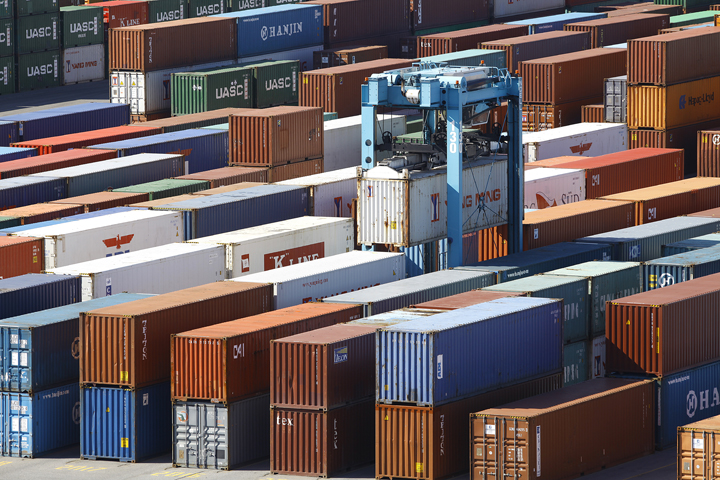With consumers still reluctant to launch home improvement projects, and still not familiar with its new name, and U.S. Customs still delaying shipments under the federal law aimed ending forced labor of China’s Uyghur people, Henrico County-based LL Flooring Holding had another tough quarter.
The company, formerly known as Lumber Liquidators, said second-quarter sales fell 20.9% from last year’s level, to $236.4 million.
People are also reading…
And it saw a roughly $41 million swing into the red, with a loss of $39 million.
Takeover offer emerges for Henrico-based LL Flooring
Its costs for acquiring the products it sells, which totaled some $151.9 million, included $2.4 million related to Customs holding of flooring that contains PVC. Customs is holding some imports under the federal Uyghur Forced Labor Prevention Act.
Customs earlier this year added aluminum and polyvinyl chloride – PVC — to a list of products for which the Uyghur act says the agency can request additional documentation.
Some of LL’s flooring products are made with polyvinyl chloride, which is the world’s third-most widely produced synthetic plastic polymer.
LL Flooring, whose store at 8818 W. Broad St. in Henrico County is shown here in 2021, said second-quarter sales fell 20.9% from last year’s level, to $236.4 million. And it saw a roughly $41 million swing into the red, with a loss of $39 million.
Uyghur activists and independent researchers have said China has sent at least a million Uyghurs to detention camps, with some alleging they have been forced to abandon their religion and language, in some cases under torture. China has denied these charges and says it is trying to suppress extremism in its Xinjiang province.
“Our second-quarter performance primarily reflected the continued impact of the difficult macro backdrop that has impacted big ticket discretionary purchases as well as the demand for home remodeling projects,” said Charles Tyson, president and CEO.
“We also continued to experience pressure from low brand awareness as we continue on our transition to LL Flooring,” he added.
Tyson said the company is implementing a customer relationship management system to boost sales to home improvement contractors and is expanding into the carpeting business.
Still, he said, “As we look to the second half of 2023, we expect the challenging macro environment to persist, continuing to limit sales visibility.”

A straddle carrier operator drives in the rail yard at the Port of Virginia in Norfolk.











